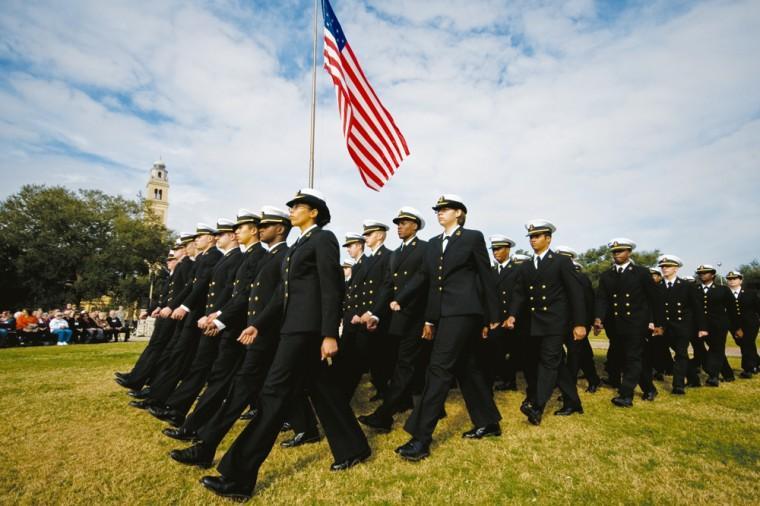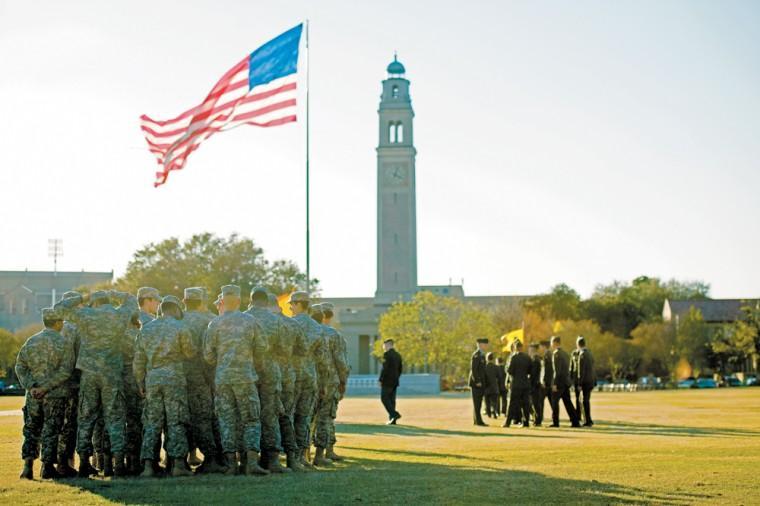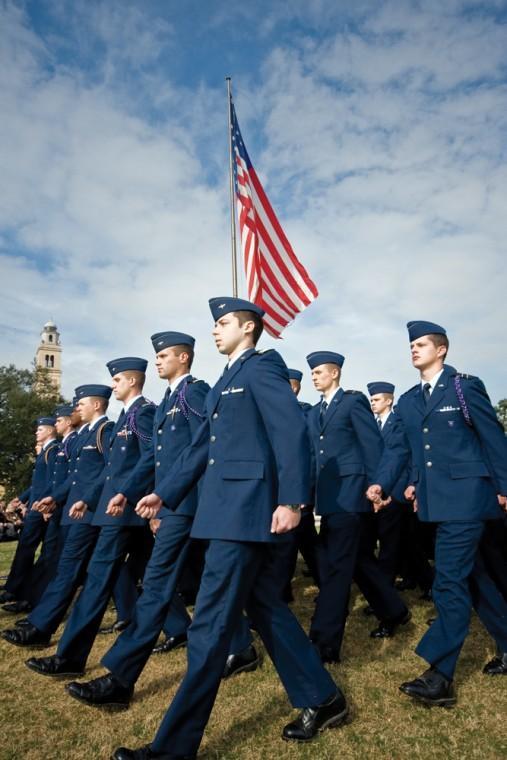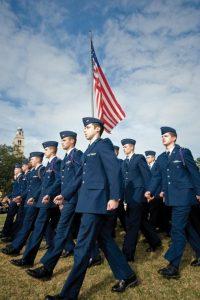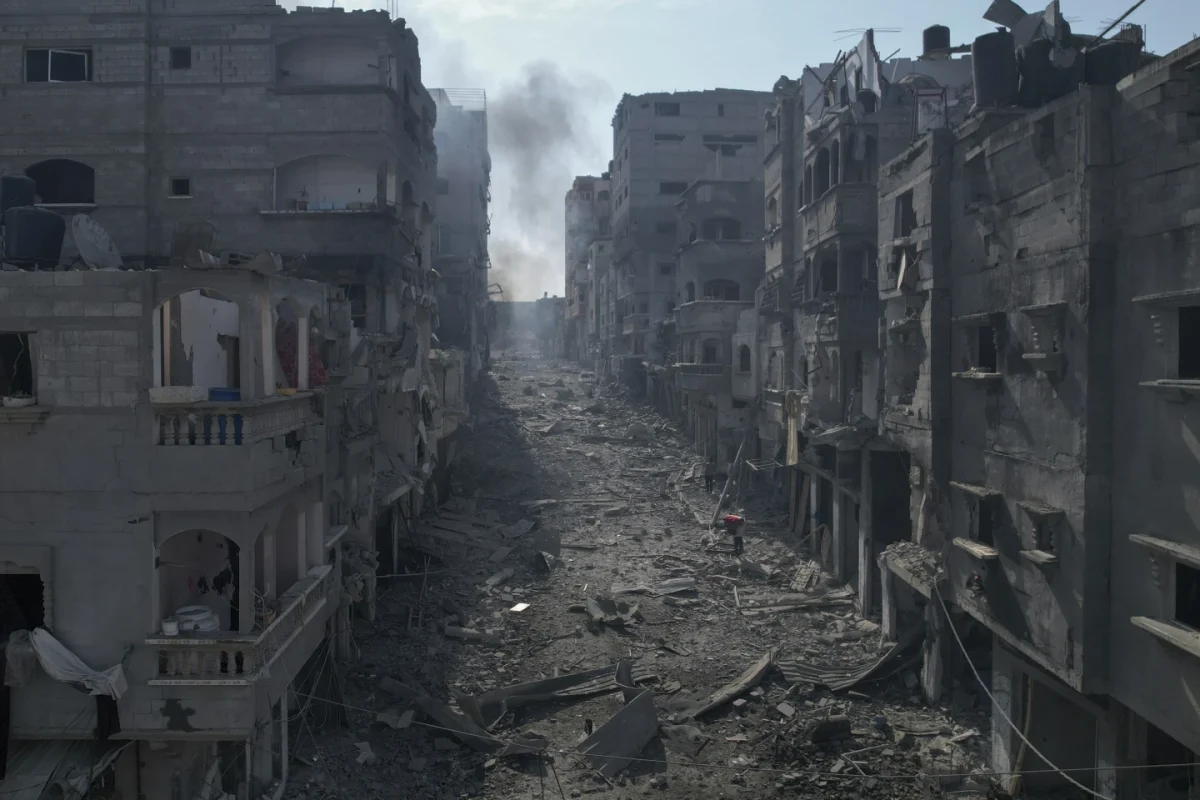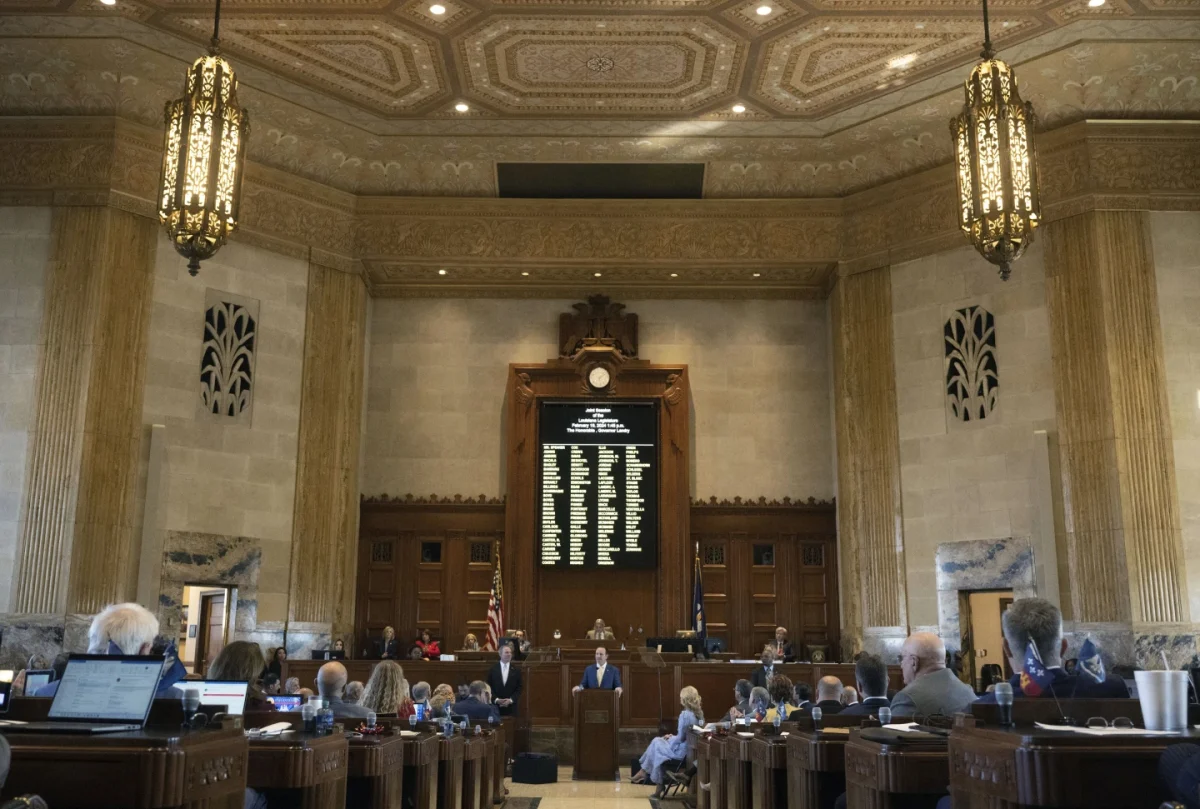I’ve found that I avoid looking at pictures from my time in Iraq and Afghanistan. I don’t watch movies or TV shows about those wars, either. It’s not because of scarring memories, but because it becomes an emotional investment. I’ll look at the pictures, then at maps, then at old emails, then I’ll text or call someone to catch up—suddenly it’s three hours later. Even though I avoid the pictures and the videos, not a day or even an hour goes by that I don’t think of my time in the Marines and the Marines with whom I served.
When a veteran leaves the service, it can be a jarring experience. I had planned for more than a year to leave the Marines, attend LSU, and reconnect with my close friends who still live here in Baton Rouge, my hometown. Even with all those grand plans, though, I felt a nagging pain of loneliness. I transitioned from a profession where I had dozens of friends (or at least friendly acquaintances) whom I saw almost every day to attending an enormous university where I didn’t know anyone.
This new life was an abrupt change from having spent innumerable hours with my fellow Marines before we went overseas. We could recognize people from across a field just by how they walked, or knew who was standing behind us just by the presence they brought to the room. Once overseas, we shared a common purpose. Everything else, including what may have been going on back home, was secondary.
When veterans leave each other and return to the civilian world, we encounter a major shift: everyone is moving in their own direction. The veteran’s friends, both old and new, all have their own jobs or families. Perhaps most surprising is that after spending years working day and night together in preparation to go overseas, we get home and discover that the war and what we did there is an afterthought for almost everyone. On some level we always knew it was the case, but it can be tough for many veterans to fully grasp that people—through no fault of their own—just don’t care about what we’ve spent the prime years of our youth doing and what people we may have known died for.
But the initial shock eventually passes and nearly all veterans adjust and move on with their lives. And though the memories and emotions are always there, Veterans Day is an ideal time for us to take comfort that there are others out there who have been through exactly what we have. They know the contradicting emotions we experienced overseas: helplessness and power, order and chaos, abject disgust and total exhilaration. They understand the bond we formed and why leaving each other to move on with our lives can be so difficult. They know what it’s like to walk into a room of former comrades who haven’t seen each other in years and immediately pick up right where they left off, as if no time had passed. Veterans Day is great for the recognition it brings, but for many its most important aspect is how it reminds veterans that there are others out there who understand exactly how we feel without us having to say a word.
Ryan Sisson is a 27-year-old English major from Baton Rouge.


